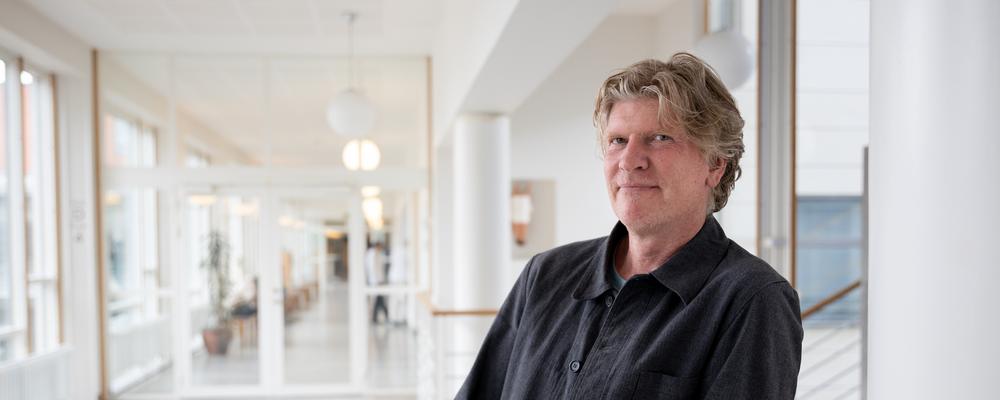New holder of the Torsten Söderberg Research Chair studies how companies contribute to urban development and economic welfare
Professor of Management Alexander Styhre has been appointed as holder of the Torsten Söderberg Research Chair at the School of Business, Economics and Law at the University of Gothenburg. He will spend three years studying how companies engage with society to remain competitive but also to contribute towards sustainable societal development.
The research chair was established at the School of Business, Economics and Law at the University of Gothenburg in 2001, thanks to generous donations from the Torsten Söderberg Foundation and the Ragnar Söderberg Foundation. The research chair can be held by full-time professors at the School, and rotates between the subject areas of economics, law and business administration. The period normally runs for three years.
Read more about the Torsten Söderberg Foundation (in Swedish)
About Alexander Styhre
Alexander Styhre has been Professor of Management at the School of Business, Economics and Law since 2010. He defended his doctoral thesis at Lund University in 1998, and worked at Chalmers University of Technology from 1999 until 2010. His research focuses on innovation management, life science innovation, venture capital investments and corporate governance. He has published extensively within the field of organisation and management, including in Journal of Management Studies, Organization Studies and Academy of Management Review. His most recently published books include The Economics of Affordable Housing (Routledge, 2023) and The New Corporate Landscape: Economic Concentration, Transnational Governance, and the Corporation (Edward Elgar, 2022). Alexander serves on the editorial board of several international scientific journals, and has previously been editor of Scandinavian Journal of Management.
Contact:
Alexander Styhre
Telephone: 031-786 65 68, email: alexander.styhre@handels.gu.se
